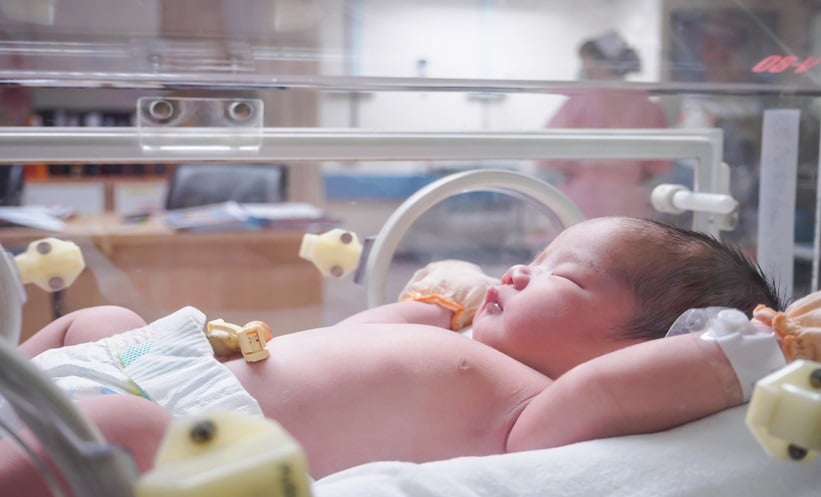A SIGNIFICANT association has been established between pre-eclampsia and congenital heart disease (CHD) in offspring, both within the same pregnancy and across subsequent pregnancies. CHD affects approximately 1% of newborns in the United States per year, and an estimated 10% of fetal loss is due to severe forms of CHD. Despite advancements in surgical treatments, few studies have investigated the risk of fetal and offspring CHD in patients with pre-eclampsia. Therefore, researchers have recently conducted a population-based retrospective cohort study to explore this relationship.
In a population-based retrospective cohort study consisting of 3,436,581 pregnant patients, researchers analysed singleton births between weeks 23 and 42 of gestation, excluding those with pre-existing diabetes or chromosomal abnormalities. Out of 2,387,074 nulliparous pregnant patients, 125,829 patients had pre-eclampsia, and among 239,881 pregnant patients with pre-eclampsia, 0.2% of fetuses had obstructive CHD, 0.7% had mixing CHD, 0.04% had regurgitant CHD, and 0.1% had other CHD.
Multivariable logistic regression was used to estimate the odds ratios for the association between pre-eclampsia and both fetal and offspring CHD, with further analyses stratified by early (<34 weeks) and late (≥34 weeks) pre-eclampsia. Patients with pre-eclampsia had a higher risk of giving birth to offspring with CHD (adjusted OR: 1.38; 99% confidence interval [CI]: 1.29-1.49), and a higher risk of fetal CHD in subsequent pregnancies (OR: 1.39; 99% CI: 1.20-1.61). Additionally, patients had an increased risk of pre-eclampsia in subsequent pregnancies after giving birth to offspring with CHD (OR: 1.39; 99% CI: 1.15-1.68). The findings remained consistent when analysed by early and late preeclampsia.
The study concludes that there is a significant association between preeclampsia and CHD in offspring, suggesting a potentially shared pathophysiological mechanism. These results highlight the need for further research into the aetiology of preeclampsia and its impact on fetal cardiovascular development. Understanding the underlying mechanisms may lead to improved screening and preventive strategies for these conditions, ultimately enhancing maternal and fetal outcomes. Future studies should focus on exploring the specific pathways linking preeclampsia and CHD, which could provide valuable insights into the prevention and management of these conditions.
Katrina Thornber, EMJ
Reference
Katlaps I et al. The ongoing relationship between offspring congenital heart disease and preeclampsia across pregnancies. JACC: Advances. 2024; 3(7_Part_1):101009.








